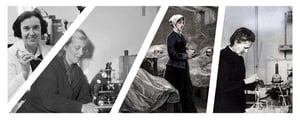February 11th is Women in Science Day. This day was brought about from a meeting held at the United Nations Headquarters in2015. On the 22nd of December 2015, the General Assembly decided to establish an annual International Day to recognise the critical role women and girls play in science and technology. This day that is celebrated every year was in fact implemented by a group of women in science in UNESCO, UN-Women and with institutions and civil society partners. Since this development, without failure every February 11th, the true value of women in science is communicated far and wide. To mark this day, we will provide a focus on women in clinical research. This year Atlantia aims to help promote women pursuing a career in clinical research by highlighting and acknowledging all the incredible female figures in research. These women have helped carve out this ethos of discovery in the past and now today we can recognise those whom continue to commit to driving research forward.
Women in science history
It is important to reflect on women in the past who have made their mark on research. Reflecting as far back as the early 1800s we can see key figures making ground-breaking discoveries in order to improve medicine and better humankind.
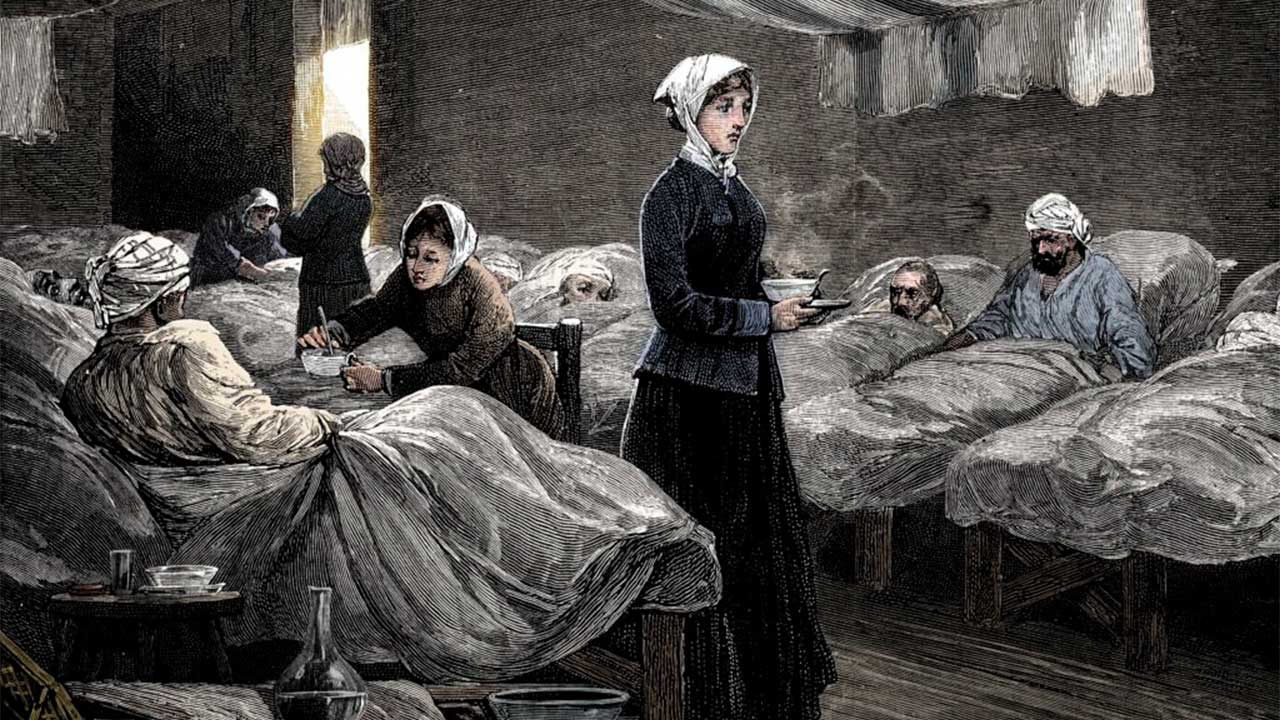
Florence Nightingale (1820-1910), Florence, Italy is one that springs to mind. She is famous for her work in nursing and was an accomplished mathematician particularly in the time of the Crimean war where she promoted nutrition and sanitary conditions for soldiers. A particular striking element to her journey was the fact that her mother and sister opposed of her entering nursing. Against all opposition, Florence pursued her passion and led the way for females to take part in clinical research. In 1860, she set up a school of nursing and today it is part of King’s College London. Her work through the school's curriculum and Notes of Nursing book published in 1859 laid the foundation for modern nursing today.
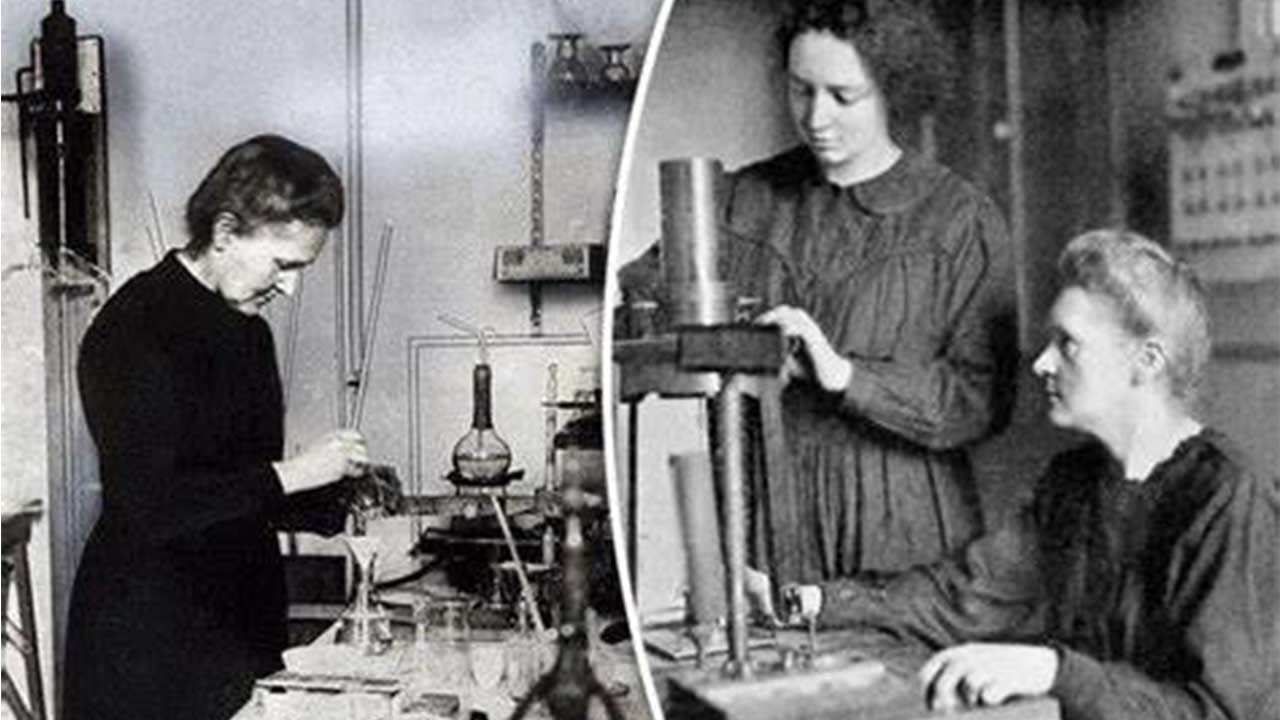
Marie Curie (1867-1934), Warsaw, Poland was the founder of radium. She pioneered a mobile x-ray unit for the French army in WWI. She also founded a radiological school for nurses. In 1903, she was awarded her First Nobel Prize for physics with her husband. Consequently, in 1911 she received a second Nobel Prize in Chemistry, in recognition for her work in radioactivity. This followed through into another generation as her daughter, Irene Joliot-Curie, was awarded the Nobel Prize for Chemistry in 1935.
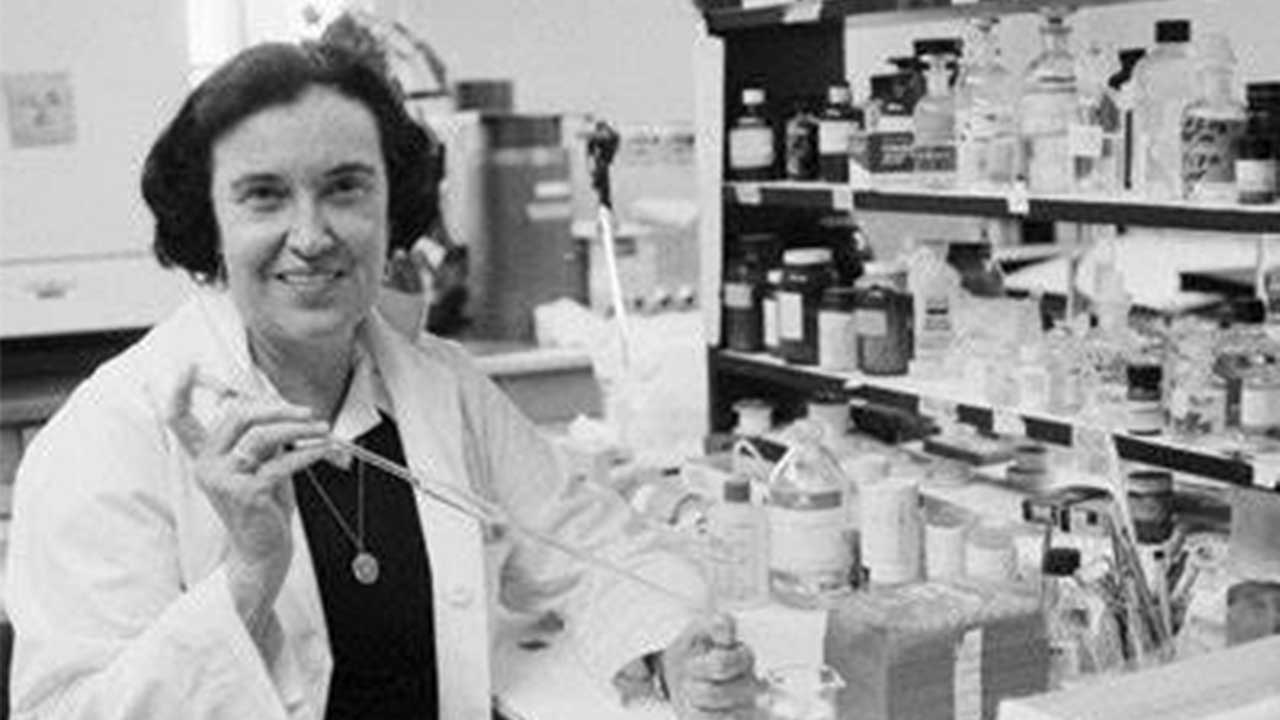
Rosalyn Sussman Yalow (1921-2011), New York, USA is an American medical physicist that is remembered to this day. She was the 1st female and 1st nuclear physicist. From her collaboration with Solomon Berson, MD she developed radioimmunoassay (RIA). Rosalyn paved the way for further women to commence a career in physics.
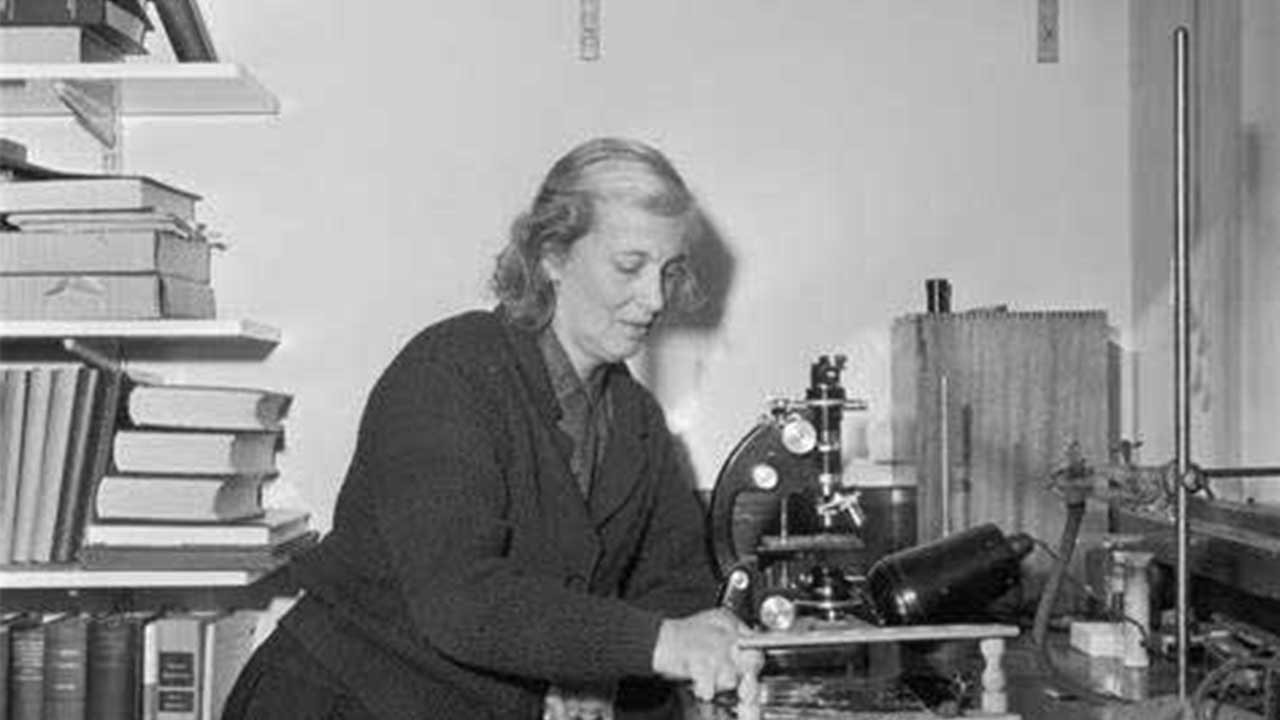
Dorothy Hodgkin (1910-1994), Cairo, Egypt was the daughter of a pair of British archaeologists. She was one of the fortunate females, as she was one out of two females that was allowed to study Chemistry with the boys at school. This represents the inequality at the time. This allowed her to be enrolled in one of Oxford’s women colleges and to pursue a career in Chemistry. She was a pioneer when it came to women working in Chemistry as she mastered x-ray crystallography, a type of imaging that uses x-rays to determine molecules 3D structures. In 1964, she was awarded a Nobel Prize and determined the structures of penicillin, insulin and vitamin B12. A mere 16 years after she died, the British Royal Mail celebration of the 350th anniversary of the Royal Society issued stamps with the likeliness of 10 of society’s most illustrative women. It was remarkable to see that Hogkin was the only woman chosen.
Famous women in STEM
Those were just some examples from pioneers who paved the way for many women to follow. Current and new generations can benefit from getting to know inspiring women in our local communities leading science research. We would like to recognize some role models playing an important role in human research right now in Ireland.
Amongst the top cited scientists revealed by Clarivate Analytics last year, a Cork researcher Prof Catherine Stanton was included. This is an outstanding achievement to be named among the highly cited global scientific pioneers. Catherine’s role as Senior Principal Research Officer includes nutritional aspects of dairy and functional foods, probiotic cultures, bioactive metabolite production, infant gut microbiota, and healthy proteins and fats that are produced by gut bacteria.
Atlantia is a firm believer in empowering women to progress in their careers. This ethos has been embedded in the company since the start in 2011. As a female founded company, Atlantia supports this day to celebrate the work and impact women can make in clinical research.
As the company has grown, today our workforce is made up of 80% female. An inspiring culture is embedded in the company.
Onthatile Serehdite, Atlantia’s Medical Doctor shares that
“Atlantia is one great site where there is quite a lot of women, that are doing a lot of great things in science and that’s also inspiring as a colleague”.
Visit our team’s page to learn more about other inspiring women who are part of our organisation.
When we look into Atlantia we can highlight females who are committed to pursuing a career in clinical research. Andrea Doolan, Atlantia’s CEO is one of the founders of this global company that ensures that health & wellbeing is driven forward by clinical research. Her career has evolved over time. She started off working in clinical research in Harvard, initially in dermatology research and now in HIV clinical research, moving on to managing APC Microbiome Institutes clinical platform to getting the idea to development a CRO in Ireland. She highlights how her everyday role is “very exciting and very varied”.
Shauni Fitzgerald, Research Manager relates to this and shares her love for science.
“I love that every day we can learn something new and apply those learnings to prevent disease and improve health outcomes”.
Why aren’t more women in science?
Since the onset, STEM fields have been widely regarded as critical to national economies. Even in the past we can understand the true value that female researchers made to improving communities & bettering humankind. However, a reality today is the lack of achievement in gender equality in STEM. According to UNESCO, 28.8% is the global average of female researchers. Out of this only 35% of all students in STEM related fields of study are women. 30% of all countries with data available on the national share of women researchers had reached parity in 2016. This figure stands out as we ask ourselves why this figure is so unbalanced amongst genders. Governments, institutions, organisations, and society have the power to change this inequality. A key mechanism to bring about change to these figures is by encouraging females to consider a career in STEM and to progress in their careers in which ever discipline it may be in.
Lack of research in women's health
Another area of interest is the lack of research in women’s health. There is in fact a need for more women’s health research. An underlying cause is apparent for the state of women’s health development today. Ultimately, in the past women were underrepresented in clinical trials. The exclusion of women in clinical trials can be traced back to the early 1970s.
However, in the late 1980s, the National Institutes of Health (NIH) began to put policies in place recommending the inclusion of women in scientific studies. In 1991, the women’s health initiative was set up by the newly appointed NIH director. It was encouraging to see Dr. Bernadine Healy become the first female NIH director. This change slowly brought improvement. The NIH policy change was eventually brought into Federal law through a section in the NIH Revitalization Act of 1993. Today ground breaking research is taking place with the inclusion of women.
Women’s participation in clinical research is vital. As mentioned, the lack of research in women’s health is significant, therefore women are encouraged to take part to make advancements in medicine and human health. Atlantia is fortunate to have a strong recruitment database of women. The recruitment database is made up of 75% female participants. Continually, we also see many women’s health studies coming into Atlantia. Participants are a key player in clinical trials and are the main why science can advance.
Interested in our clinical trial recruitment services? Have a look to our study recruitment page. Alternatively, we are always looking for people interested in taking part in our studies, check what clinical trials are looking for participants.
To conclude, we can see the powerful impact that female figures have made in research. The impact of this research is recognised today and will be in the future. It is apparent that there is a lack of females pursuing a career in clinical research, therefore more women should be encouraged to. Alongside this the inclusion of women in clinical trials is making a ground-breaking effect on improving the quality of research conducted and in improving women’s health research.


